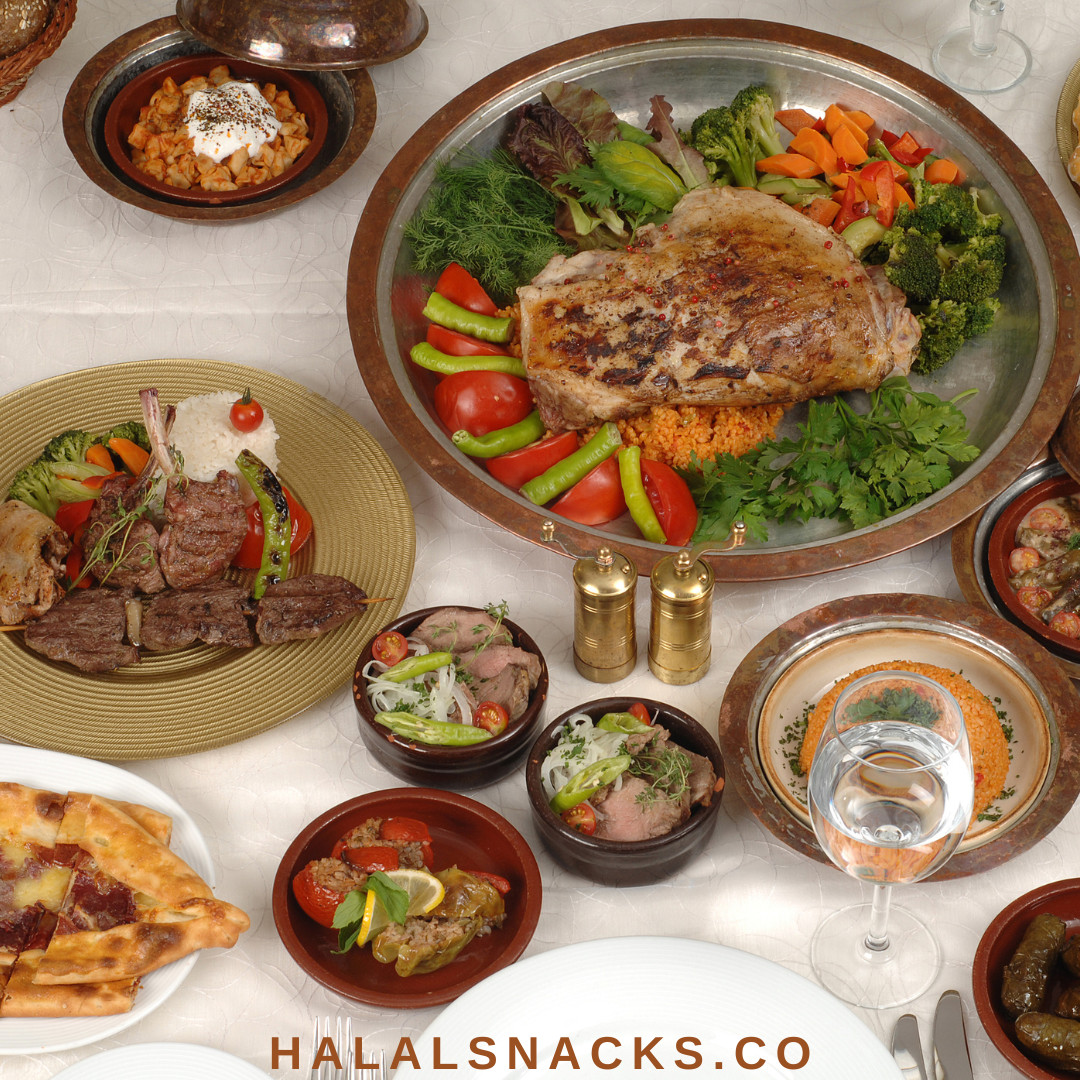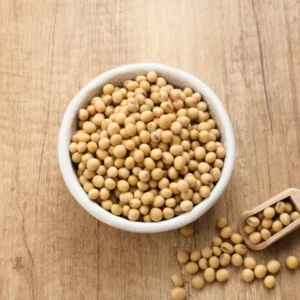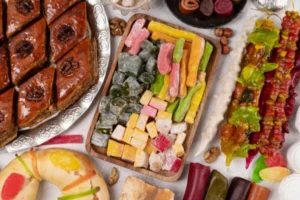Ramadan is a month of fasting and spiritual reflection for Muslims around the world. During this month, Muslims fast from dawn until sunset and break their fast with a meal called Iftar. It is a time for family, community, and of course, food. Here are some mouth-watering recipes to make your Ramadan meals even more special.
Date Shake
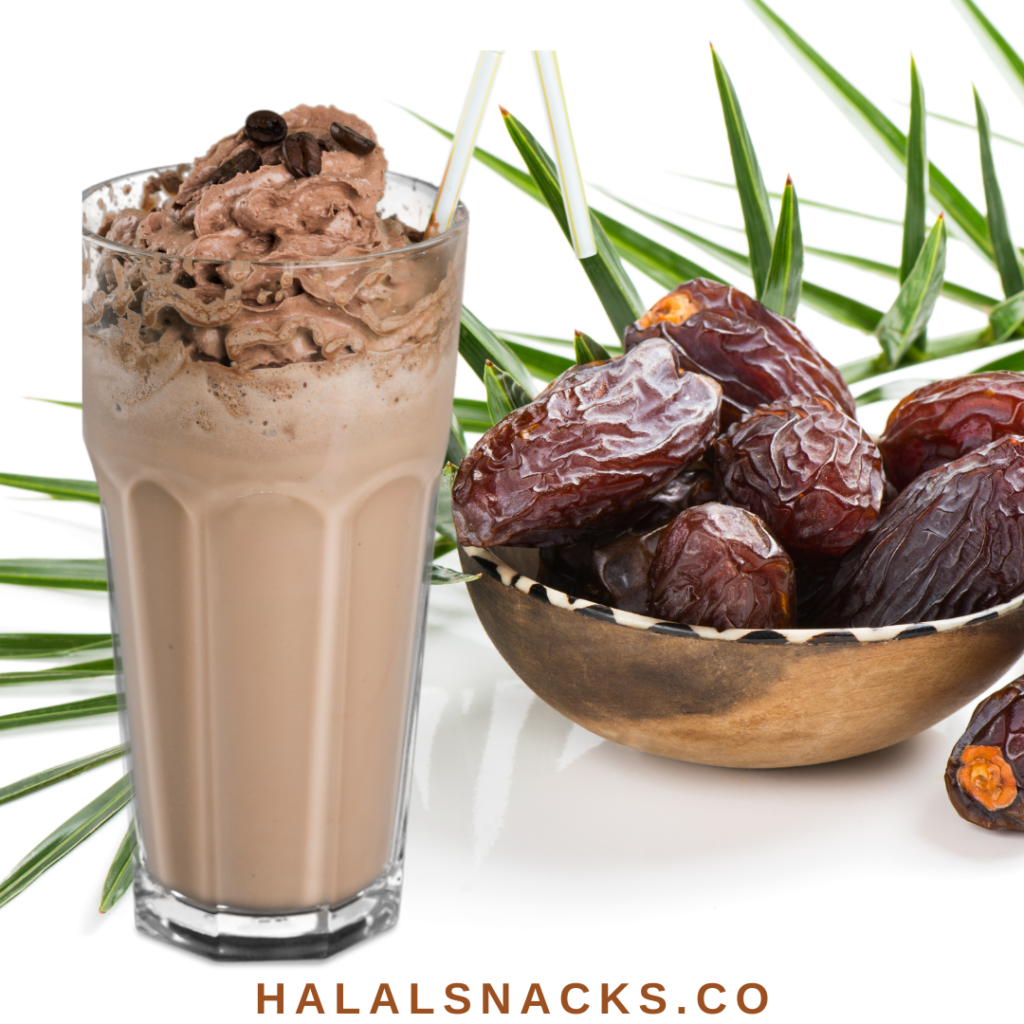
Dates are a traditional food to break the fast during Ramadan. They are a good source of energy, and they help to keep the body hydrated. This Date Shake recipe is a refreshing way to break your fast.
Ingredients
- 10 pitted dates
- 1 cup milk
- 1/2 cup ice cream
- 1/2 tsp vanilla extract
- 1/2 tsp ground cinnamon
Directions
- Soak the dates in water for 30 minutes.
- Add the dates, milk, ice cream, vanilla extract, and ground cinnamon to a blender.
- Blend until smooth.
- Pour into glasses and serve chilled.
Lentil Soup
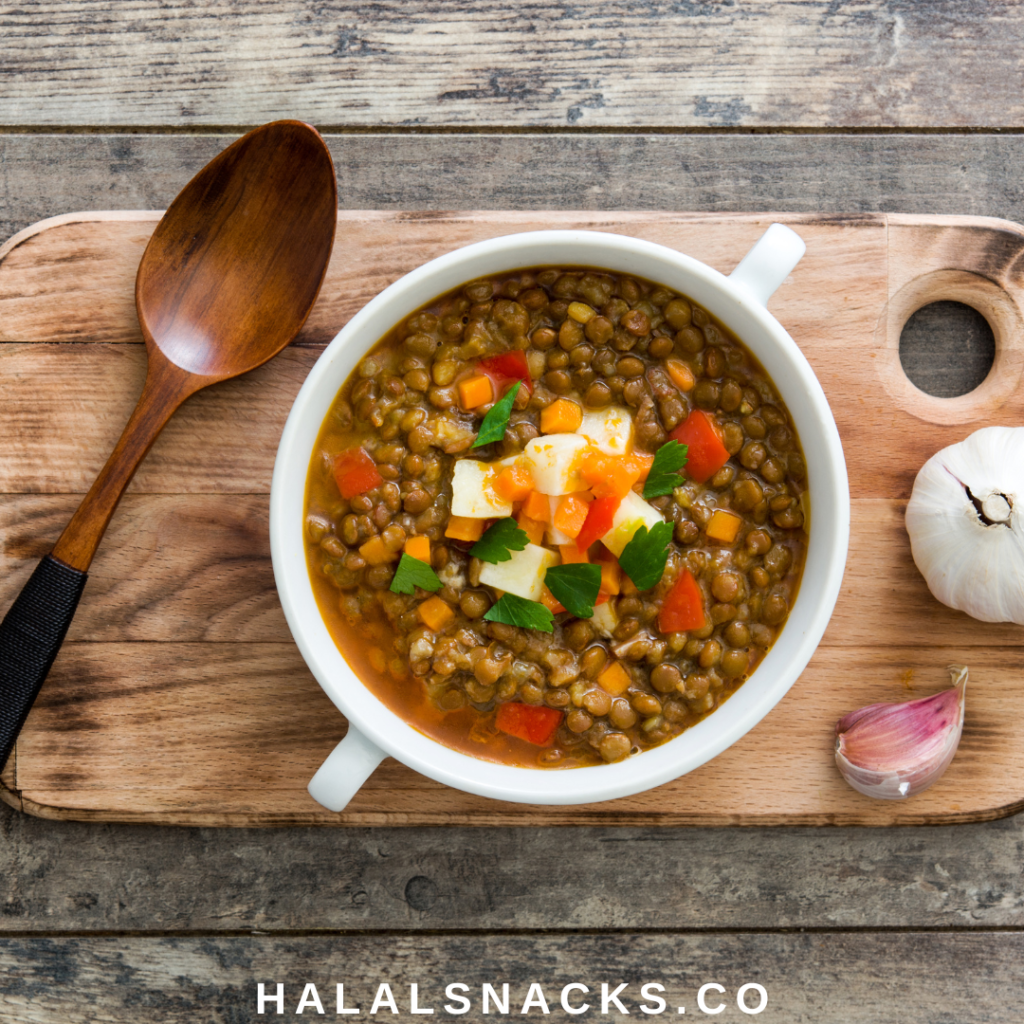
Lentil soup is a staple during Ramadan. It is a hearty and filling soup that is perfect for breaking the fast.
Ingredients
- 2 cups lentils
- 8 cups water
- 1 onion, chopped
- 2 garlic cloves, minced
- 2 carrots, chopped
- 2 celery stalks, chopped
- 1 tsp ground cumin
- 1 tsp ground coriander
- 1 tsp paprika
- 1/4 tsp cayenne pepper
- Salt and pepper to taste
- Lemon wedges, for serving
Directions
- Rinse the lentils and add them to a large pot with water.
- Add the onion, garlic, carrots, celery, cumin, coriander, paprika, cayenne pepper, salt, and pepper.
- Bring to a boil, then reduce heat and simmer for 30-40 minutes, or until the lentils are tender.
- Serve hot with lemon wedges on the side.
Chicken Biryani
Biryani is a popular dish in South Asian cuisine, and it is a favorite during Ramadan. This Chicken Biryani recipe is easy to make and delicious.
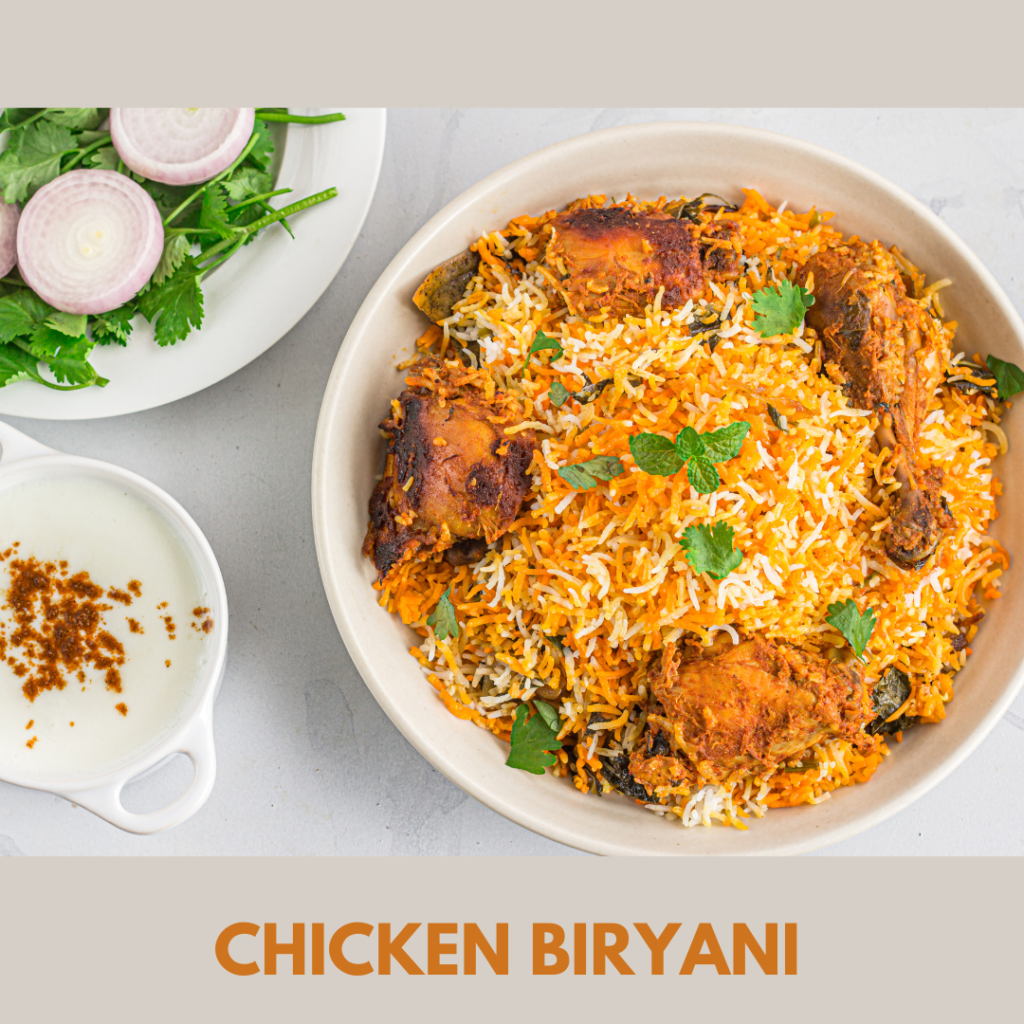
Ingredients
- 2 cups basmati rice
- 4 cups water
- 1 onion, sliced
- 1 lb boneless, skinless chicken breast, cut into small pieces
- 2 tbsp vegetable oil
- 1 tsp cumin seeds
- 1 tsp coriander seeds
- 1 tsp fennel seeds
- 2 cloves
- 2 cardamom pods
- 1 cinnamon stick
- 1 bay leaf
- 1 tsp salt
- 1/4 cup chopped cilantro
Directions
- Rinse the rice and soak it in water for 30 minutes.
- In a large pot, heat the oil over medium heat.
- Add the cumin, coriander, fennel seeds, cloves, cardamom pods, cinnamon stick, and bay leaf. Cook for 30 seconds, stirring constantly.
- Add the sliced onion and cook until golden brown.
- Add the chicken and cook until browned on all sides.
- Drain the rice and add it to the pot. Add the water and salt.
- Bring to a boil, then reduce heat and simmer for 15-20 minutes, or until the rice is tender.
- Once the rice is cooked, remove from heat and let it rest for 10 minutes.
- Garnish with chopped cilantro before serving.
Fattoush Salad
Fattoush is a Middle Eastern salad that is perfect for breaking the fast. It is a refreshing mix of vegetables, herbs, and toasted pita bread.
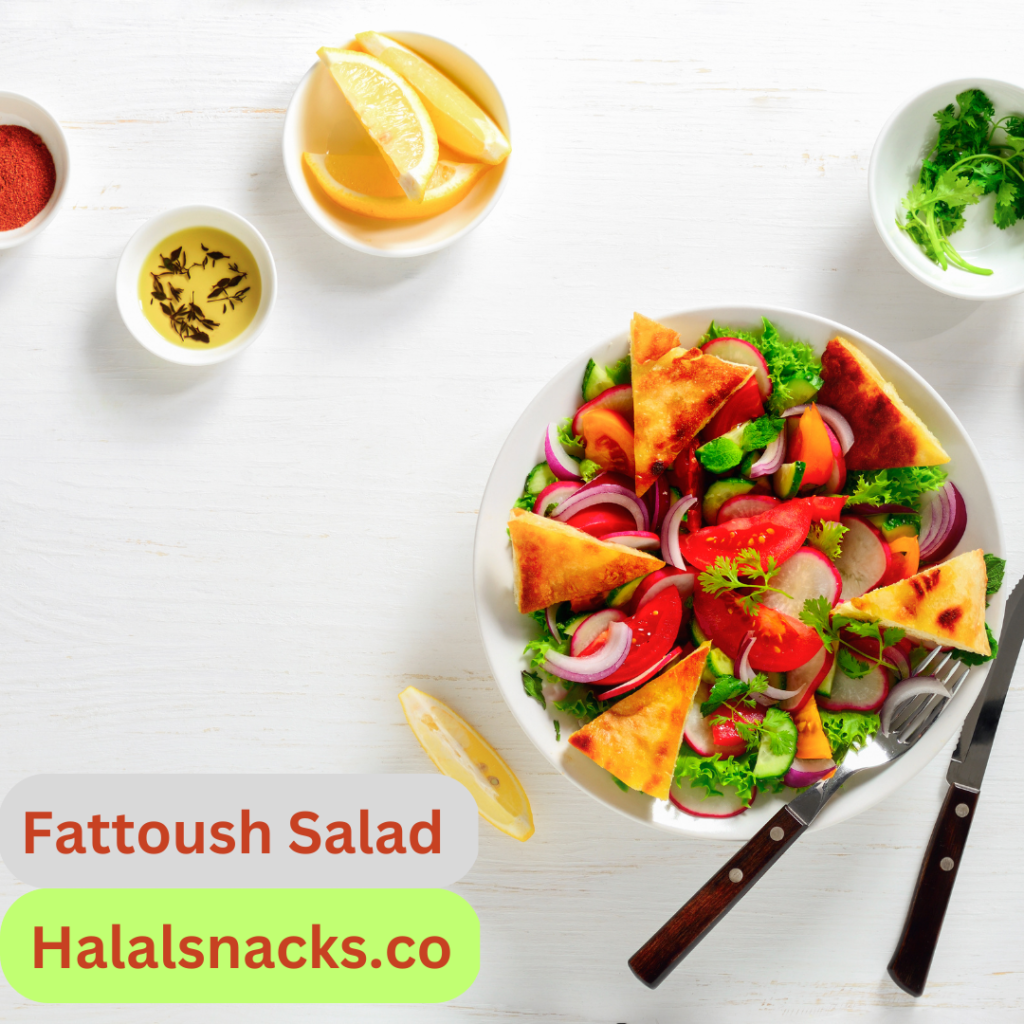
Ingredients
- 1 head of romaine lettuce, chopped
- 1 cup chopped cucumber
- 1 cup chopped tomato
- 1/2 cup chopped red onion
- 1/2 cup chopped parsley
- 1/4 cup chopped mint
- 1/4 cup olive oil
- 1/4 cup lemon juice
- 2 garlic cloves, minced
- 1 tsp sumac
- Salt and pepper to taste
- 2 pita breads, toasted and chopped
Directions
- In a large bowl, combine the chopped lettuce, cucumber, tomato, red onion, parsley, and mint.
- In a small bowl, whisk together the olive oil, lemon juice, garlic, sumac, salt, and pepper.
- Pour the dressing over the salad and toss to combine.
- Add the chopped toasted pita bread and toss again.
- Serve immediately.
Samosas
Samosas are a popular appetizer in South Asian cuisine, and they are a perfect snack for Iftar.
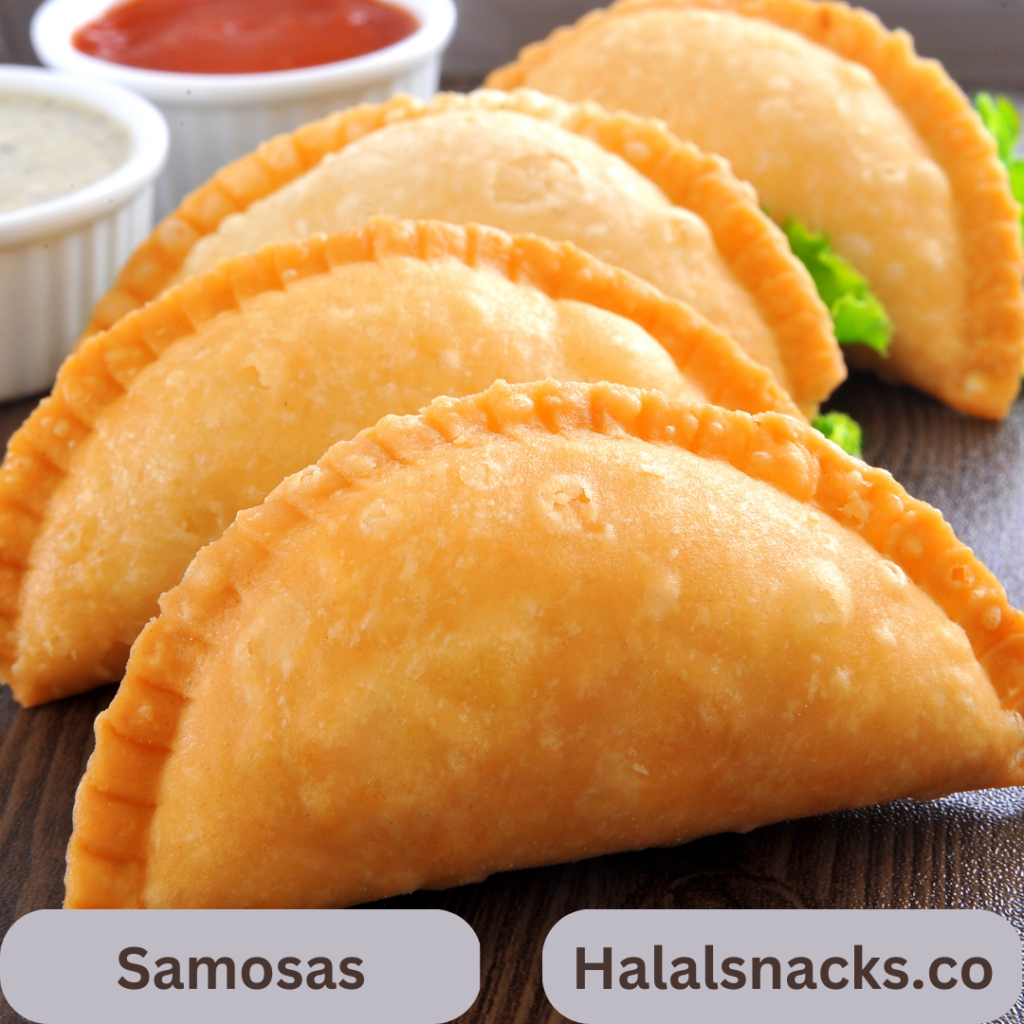
Ingredients
- 1 lb ground beef or lamb
- 1 onion, chopped
- 2 garlic cloves, minced
- 1 tsp ground cumin
- 1 tsp ground coriander
- 1/2 tsp ground turmeric
- 1/2 tsp paprika
- 1/2 tsp cayenne pepper
- Salt and pepper to taste
- 2 tbsp vegetable oil
- 12-15 samosa wrappers
Directions
- In a large skillet, heat the vegetable oil over medium heat.
- Add the onion and garlic and cook until softened.
- Add the ground beef or lamb and cook until browned.
- Add the cumin, coriander, turmeric, paprika, cayenne pepper, salt, and pepper.
- Cook for 5-10 minutes, or until the spices are fragrant.
- Let the mixture cool.
- Preheat the oven to 375°F (190°C).
- Take a samosa wrapper and fill it with 1-2 tablespoons of the beef or lamb mixture.
- Fold the wrapper into a triangle and seal the edges with water.
- Place the samosas on a baking sheet and bake for 20-25 minutes, or until golden brown.
- Serve hot with chutney.
Chicken Kabobs
Chicken kebabs are a classic Ramadan dish. They are easy to make and delicious.
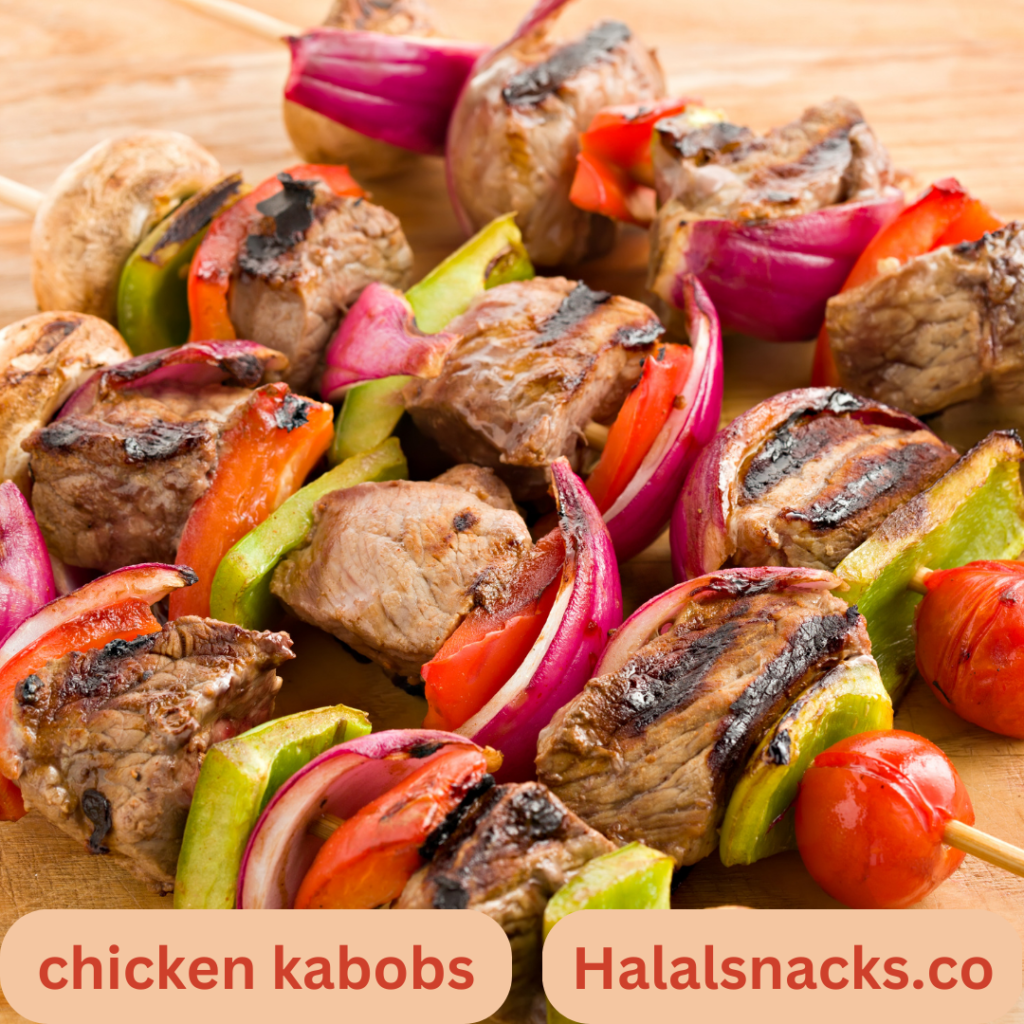
Ingredients
- 1 lb boneless, skinless chicken breast, cut into small pieces
- 1 onion, chopped
- 1/4 cup olive oil
- 2 tbsp lemon juice
- 2 garlic cloves, minced
- 1 tsp ground cumin
- 1 tsp ground coriander
- 1/2 tsp paprika
- Salt and pepper to taste
- Wooden skewers
Directions
- In a large bowl, combine the chopped onion, olive oil, lemon juice, garlic, cumin, coriander, paprika, salt, and pepper.
- Add the chicken pieces and toss to coat.
- Cover the bowl and refrigerate for at least 30 minutes or up to 24 hours.
- Preheat the grill to medium-high heat.
- Thread the marinated chicken onto wooden skewers.
- Grill the skewers for 10-12 minutes, or until the chicken is cooked through.
- Serve hot with rice and salad.
Basbousa
Basbousa is a traditional Middle Eastern dessert that is made with semolina and sweetened with sugar syrup. It is a popular dessert during Ramadan.
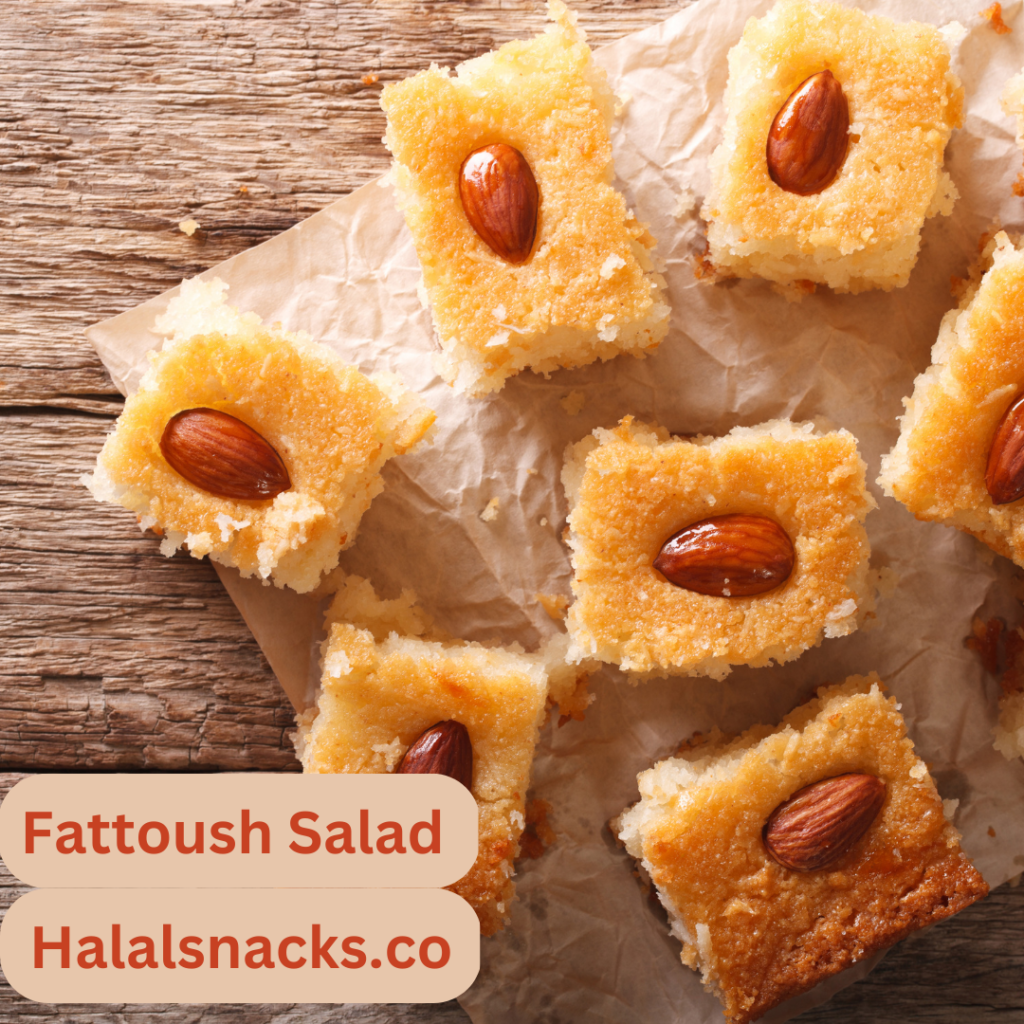
Ingredients
- 2 cups semolina
- 1 cup sugar
- 1 cup plain yogurt
- 1/2 cup vegetable oil
- 1 tsp baking powder
- 1 tsp vanilla extract
- 1/4 cup sliced almonds
Directions
- Preheat the oven to 350°F (180°C).
- In a large bowl, mix together the semolina, sugar, yogurt, vegetable oil, baking powder, and vanilla extract until well combined.
- Pour the mixture into a greased 9×13 inch baking dish.
- Smooth the mixture into an even layer with a spatula.
- Sprinkle the sliced almonds over the top of the mixture.
- Bake the basbousa for 30-35 minutes, or until golden brown.
- While the basbousa is baking, make the sugar syrup.
- In a saucepan, combine 1 cup of sugar and 1 cup of water.
- Bring the mixture to a boil, stirring occasionally, until the sugar has dissolved.
- Reduce the heat and let the syrup simmer for 10-15 minutes, or until it thickens slightly.
- Remove the basbousa from the oven and pour the sugar syrup over the top while it is still warm.
- Let the basbousa cool completely before slicing and serving.
Conclusion
Ramadan is a time for reflection and spiritual growth, but it is also a time for family, friends, and delicious food. These Ramadan recipes are perfect for breaking the fast and sharing with loved ones. From the savory stuffed grape leaves to the sweet and sticky basbousa, there is something for everyone to enjoy.
FAQs
- Are these recipes difficult to make?
- No, these recipes are relatively easy to make and require only basic cooking skills.
- Can I substitute the meat in the samosas with a vegetarian option?
- Yes, you can substitute the ground beef or lamb with a vegetarian option like mashed potatoes or paneer.
- How long do the kebabs need to marinate?
- The kebabs should be marinated for at least 30 minutes, but they can be marinated for up to 24 hours for more flavor.
- Can I make the basbousa ahead of time?
- Yes, you can make the basbousa ahead of time and store it in an airtight container in the refrigerator for up to 3 days.
- Are these recipes traditional Ramadan dishes?
- Yes, these recipes are all traditional dishes that are commonly enjoyed during Ramadan.
- Can I use a different type of fruit for the fruit chaat?
- Yes, you can use any seasonal fruits that you like, such as mangoes, pineapples, or pomegranates.
